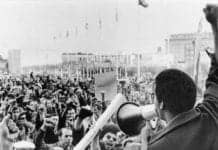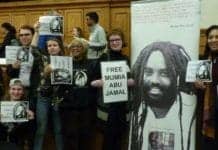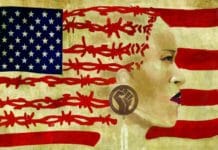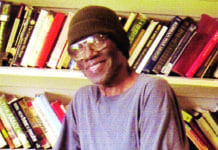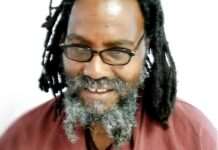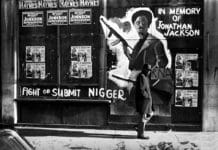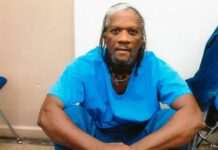by Jean Damu

Esther Cooper Jackson, born in Arlington, Virginia, graduated from Ohio’s Oberlin College, received her MA degree in sociology from Fisk University, then remarkably turned down a scholarship offer to Chicago University to earn a PhD to relocate to Birmingham, Ala., where she became the organizational secretary for SNYC.

In 1945 Jackson attended a conference of the World Federation of Democratic Youth in London. There she met W.E.B. DuBois, for the first time. He was in London attending the Fifth Pan Africa Conference. Dubois and Jackson remained lifelong friends.

In 1961 Esther Jackson, along with Louis Burnham, Jack O’Dell from the Southern Christian Leadership Conference, writer Lorraine Hansberry and others founded Freedomways magazine, perhaps the most notable publication of its time, that featured the voices of the civil rights and national liberation movements. She remained the managing editor of Freedomways until 1985.
Today Esther Jackson lives not so quietly in New York City attending events and functions as her 96 years allow.
Tell Your Story, a Black History Month event, will be held Feb. 23, 5-8 p.m., at the Niebyl-Proctor Library, 6501 Telegraph Ave., Oakland.
Jean Damu is the former western regional representative for N’COBRA, National Coalition of Blacks for Reparations in America, and a former member of the International Brotherhood of Sleeping Car Porters, taught Black Studies at the University of New Mexico, has traveled and written extensively in Cuba and Africa and currently serves as a member of the Steering Committee of the Black Alliance for Just Immigration. Email him at jdamu2@yahoo.com.

 Store
Store





